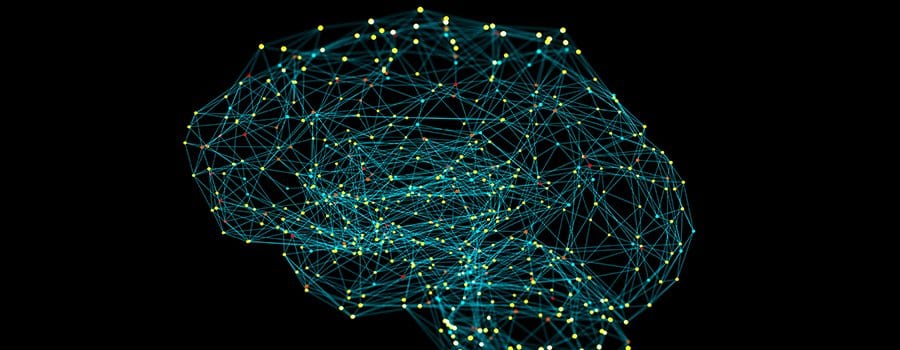Artificial Intelligence is changing the world of background screening and helping create more equal employment opportunities.
Within many industries, the talk surrounding artificial intelligence and employment typically leans toward technologies that automate skilled labor and their potential to make some jobs obsolete. But, in the same way, that AI boosts efficiency and accuracy with manual tasks well enough to give humans a run for our money, it creates opportunities for us to be more effective at our jobs and less biased in our analyses of others.
What is Artificial Intelligence and Where Does it Come from Anyway?
Since most of us don’t consider ourselves to be tech-heads, we’ve never considered the who, what, when, where, and why of AI. For decades, we’ve seen it primarily from the perspective of Hollywood science fiction, as a dark and mysterious future filled with life-like robots and autonomous vehicles. We’ve carried those fearful ideas into the present where AI has become a regular part of the conversation. And, with no better backstory, it almost seems like AI manifested itself to glean knowledge on its fast track to one-up humanity.
In reality, though, AI is just technology built by humans. From computer code to electrical components, everything that drives AI is seeded by people. It can even be programmed to accept information as-is and, when it comes to employment background screening, that should greatly benefit equality in hiring.
Taking the Bias Out of Background Screening
Title VII of the Civil Rights Act of 1964 outlines practices specific to employment, clarifying that it’s illegal to discriminate against someone on the basis of race, color, religion, national origin, or sex. The U.S. Equal Employment Opportunity Commission (EEOC) website even goes so far as to specify how discriminatory practices can come into play throughout a person’s employment, starting with pre-employment inquiries. It seems easy enough to avoid this type of discrimination on paper when, in reality, humans all have unconscious biases and we tend to ascribe them to traits like names, places of birth, previous employers, quirks of language, and so much more. These biases lead to unintentional discrimination and that leads to legal risks.
The easiest way to remove conscious and unconscious human biases from a hiring process like background screening is to apply AI to as many parts of that process as possible. Not only does this increase efficiency by relieving humans of redundant and repetitive administrative tasks, but it also improves accuracy by removing variables of human error, reduces the legal risk for employers, and levels the playing field for candidates by managing information as fact-based categories—nothing more, nothing less. When the bottom line of data analysis is, well, data, there’s no better candidate for the job than AI.
Keeping the Humanity in Hiring
There may never be a magic wand that completely erases our biases, but you can talk to ClearStar about how our background checks can keep the humanity in hiring and how our future with AI can help your business hire the best candidates without bias.












